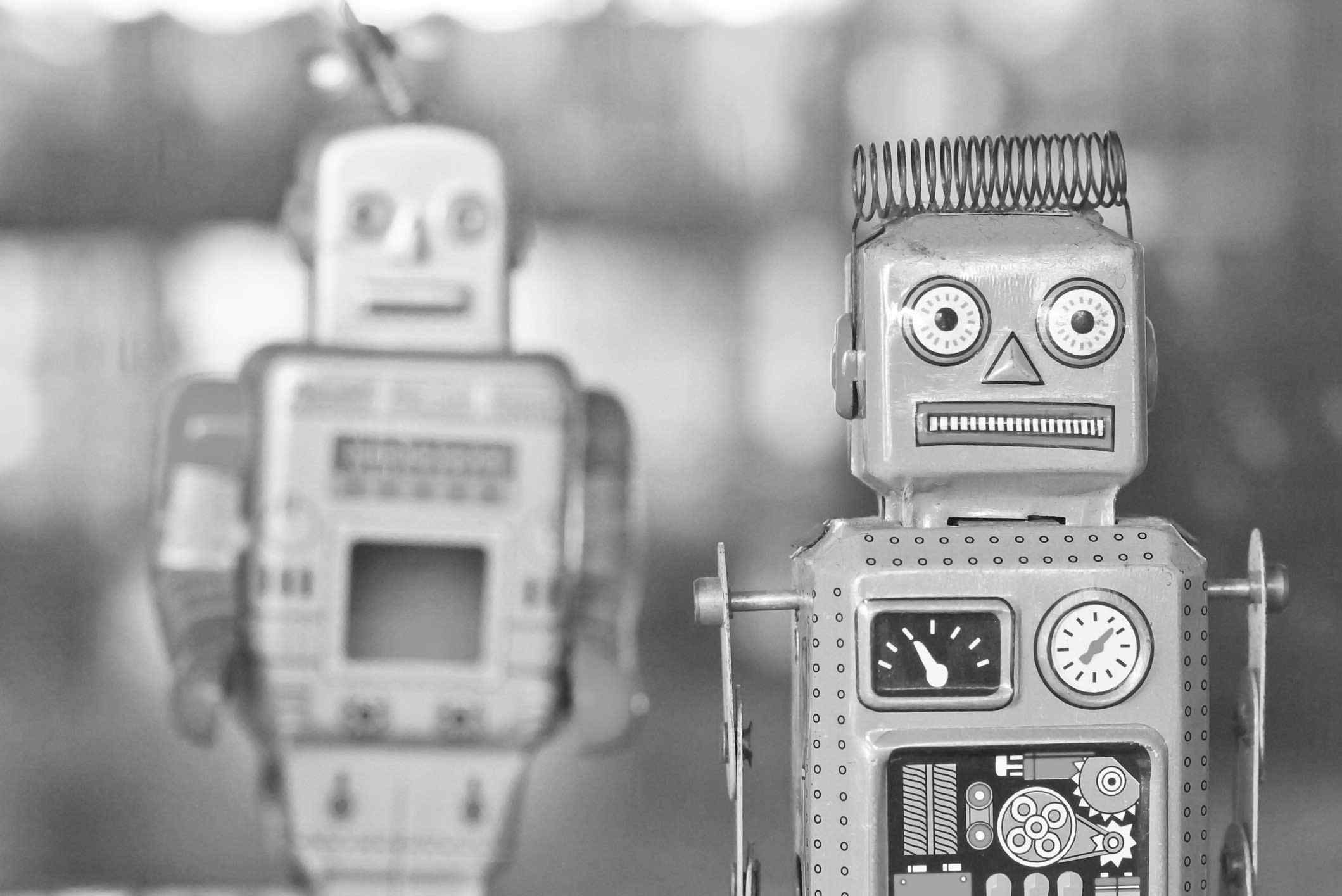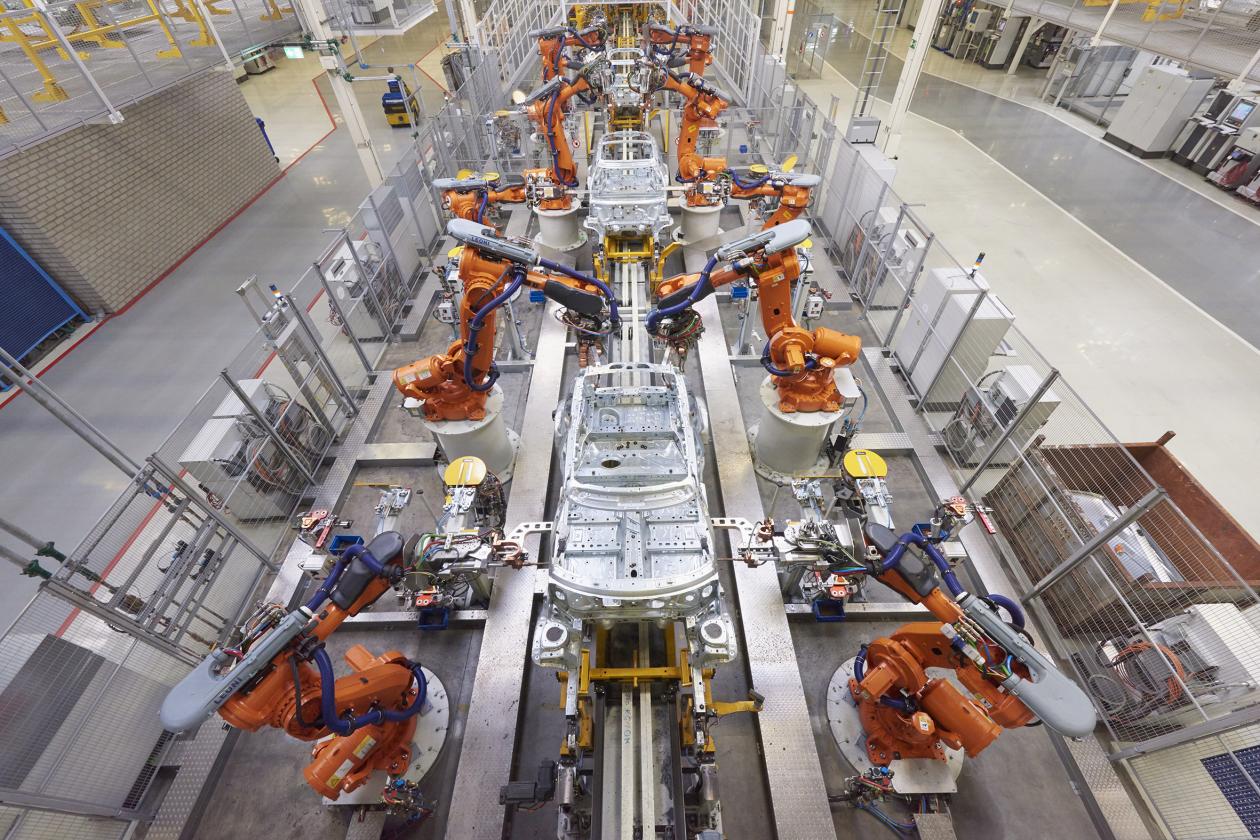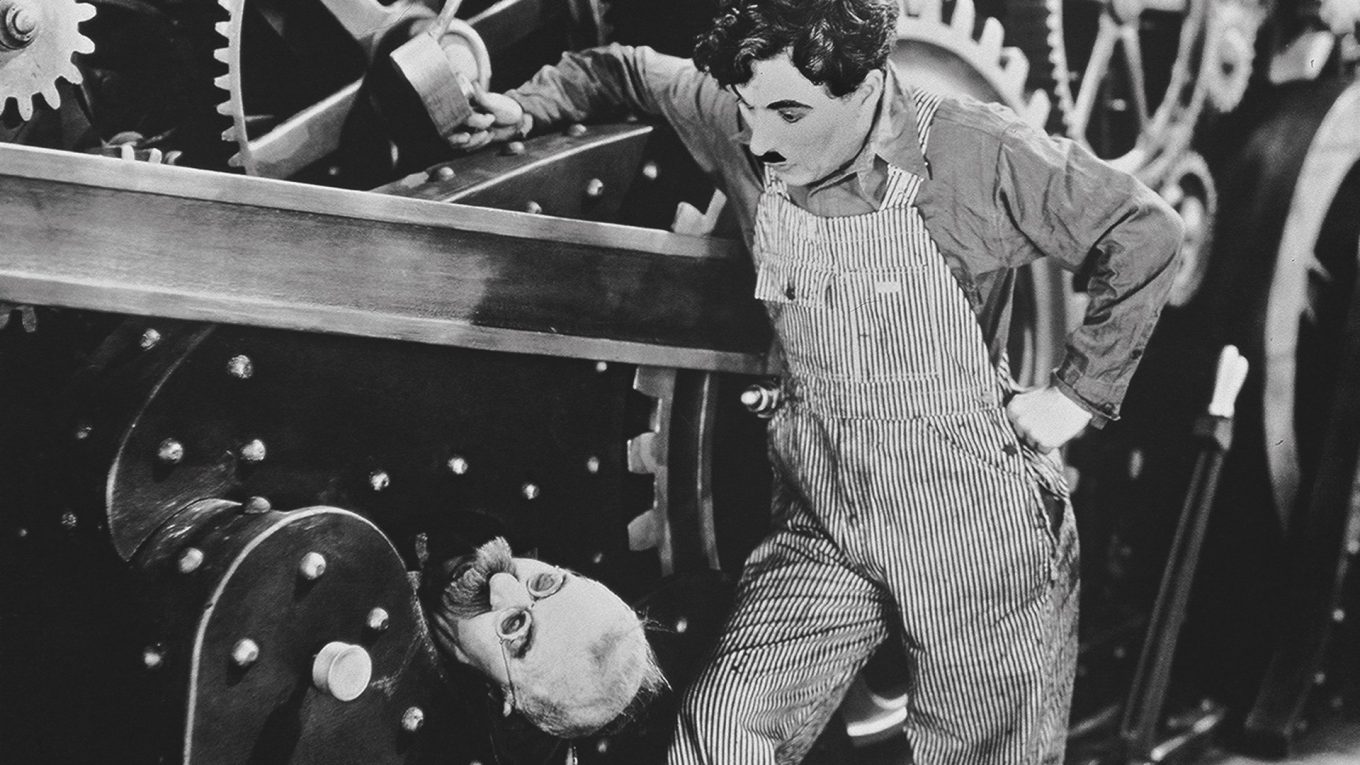
The Future of Work. That idea, almost dystopian, in which robots of all kind and shapes serve on every real and re-imagined job sector. From behind the counter at the groceries and coffee shops to stewards helping school kids to cross the streets. Doctors consumed by odd neutral voices would diagnose a patient’s illness while self-driving cars would fade traffic collisions to a thing of the past.
“In our rush to automate everything, we need to think carefully about the actual value that jobs provide to companies and society, or we risk the danger of becoming extremely efficient at doing precisely the wrong thing,” cleverly pointed out Nesta expert, Tom Saunders.
This never-ending story of robots placed instead of humans could go on for every single sector within the labour market: fully automated factories, drone’s delivery services, AI powered finances, self-written content on the papers and internet, and so forth. Many would say its an ideal world. Full efficiency would have finally taken over, bringing on-the-clock order to a current too costly worker dissidence. There would be no delays, no complaints about failing worker rights, and, hence, the bad press against big companies would drop to a non-existent rate. In this scenario, the economy will usher in an unprecedented growth and productivity will blow up any given prior-automation data.
The problem becomes bigger when truth is stranger than fiction. The UK based charity, the RSA, wrote and produced various reports about the future of work, and has named the new technologies transforming what we know as work, as “radical technologies”. They mention, in a recent article how radical technologies applications can vary immensely, “from autonomous vehicles to cancer-detecting algorithms, and from picking and packing machines to robo-advisory tools used in financial services, every corner of the economy has begun to feel the heat of a new machine age.”

For the sake of efficiency, they say
Robots can’t get tired, they don’t mind doing over-time and their productivity rate never declines. Recent studies, however, highlights that ‘moderate sleep deprivation produces impairments in cognitive and motor performance equivalent to legally prescribed levels of alcohol intoxication’. That is to say, while humans need a proper rest (from 6 to 8 hours daily), and consequently there is productivity loss along the way, robot wouldn’t have the same inconvenient.
Robots don’t complaint. A recent scandal has brought Amazon into the spotlight. An open warfare has been unleashed between US Senator Bernie Sanders and the tech-giant’s boss Jeff Bezos over workers’ poor conditions within the company. The most probable outcome would see workers raising their conditions in the near future. On the long-run, however, and after Amazon’s growing investment in AI and “radical technologies”, these workers would be systematically replaced by more compliant better units.
BUT, what about the workers and the rest of us?
“For example, what if a chatbot could diagnose illnesses better than a GP, should we abolish GPs? To ask the question another way, is the sole function of a GP diagnosing illness? A study in 2017 found strong links between how lonely someone feels and how much they visit the GP. Are GPs just illness diagnosing algorithms, or do they perhaps play a wider role in society that an algorithm can’t replace?” asked rhetorically Nesta expert, Tom Saunders.

Within all this futuristic and robotic paraphernalia, very few decision-makers, big company’s bosses and other relevant players have really asked to the ones that their lives are at risk. Yes, the workers are the long forgotten on this story and no one has asked them what do they think about it and how they are going to re-make their lives once their workstation has been replaced by an all brand new technological, AI-powered, better suitable, never -tired, heart-less individual? And even beyond workers, full automation will utterly affect the society as a whole, is it worthy, then, for the interest of efficiency to break long-lasting, well-established services? Could worker involvement in decision making about how technology is adopted be one way to address this?
“I had a very interesting meeting recently with HK Lab, an innovation lab which is part of Denmark’s largest trade union. They told me that they have been experimenting with involving workers in redesigning jobs when a new piece of technology is brought in – in their case in the health service – with good results,” mentioned Tom Saunders.
While he added that this seems to make sense: workers should have a pretty good idea about what value businesses and society get from their role, and which tasks and potentially jobs might be automated without losing these wider benefits.
Automation and development in emerging technologies can bring great benefits to society as a whole, even for the controversial future of work. But in order to do so, workers must be listened. Governments need to recall their policies and put citizens first, because, ultimately, these are the ones that make companies possible, and these are the ones that hold the society weight. And pulling the strings too much might release an unstoppable, true game-changing, force.

Hernaldo Turrillo is a writer and author specialised in innovation, AI, DLT, SMEs, trading, investing and new trends in technology and business. He has been working for ztudium group since 2017. He is the editor of openbusinesscouncil.org, tradersdna.com, hedgethink.com, and writes regularly for intelligenthq.com, socialmediacouncil.eu. Hernaldo was born in Spain and finally settled in London, United Kingdom, after a few years of personal growth. Hernaldo finished his Journalism bachelor degree in the University of Seville, Spain, and began working as reporter in the newspaper, Europa Sur, writing about Politics and Society. He also worked as community manager and marketing advisor in Los Barrios, Spain. Innovation, technology, politics and economy are his main interests, with special focus on new trends and ethical projects. He enjoys finding himself getting lost in words, explaining what he understands from the world and helping others. Besides a journalist, he is also a thinker and proactive in digital transformation strategies. Knowledge and ideas have no limits.




























